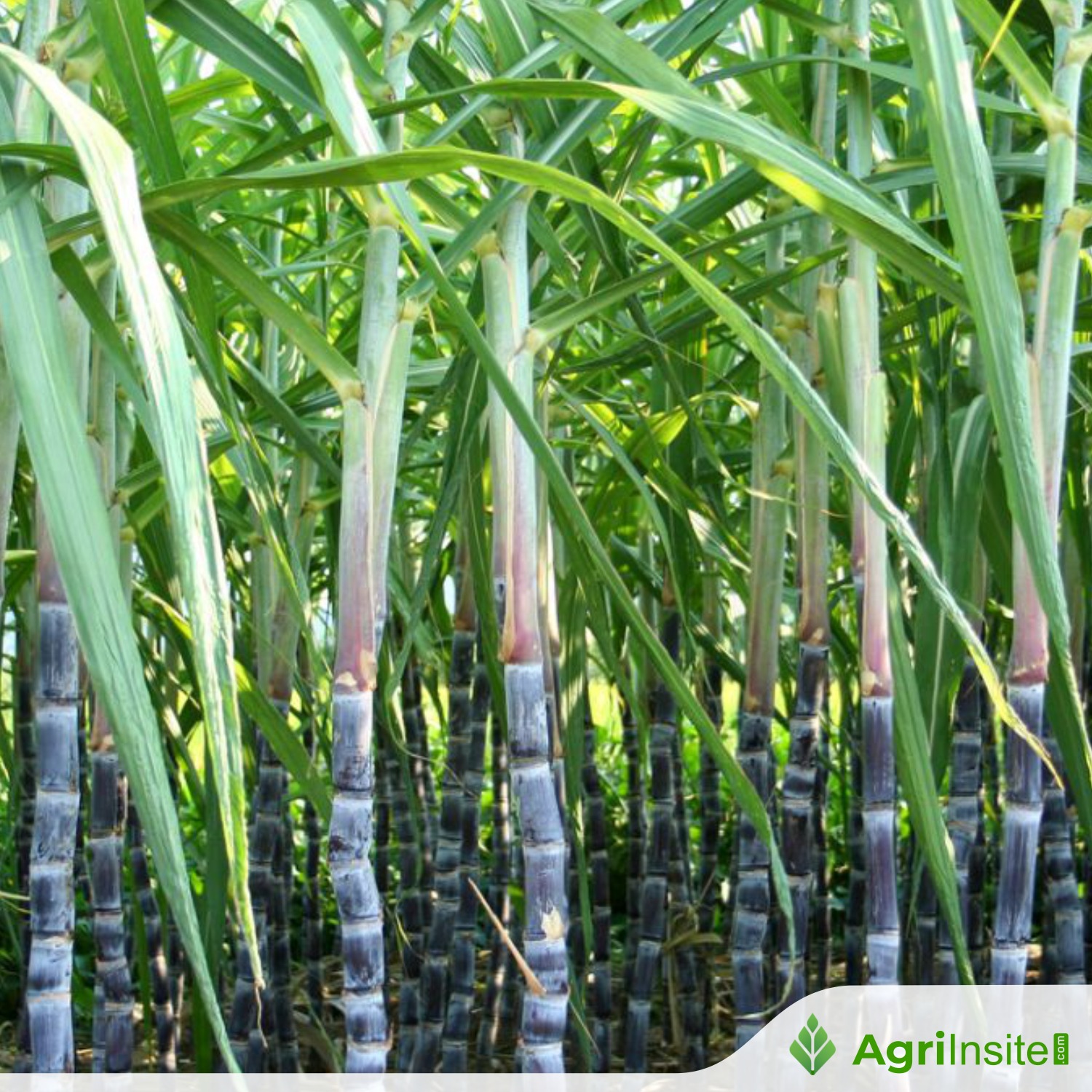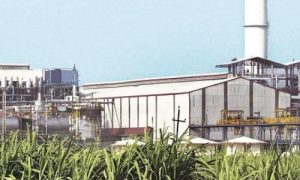Pakistan : NA panel advises govt: Sugarcane MSP must be set to protect farmers

A parliamentary panel recommended setting a Minimum Support Price (MSP) for sugarcane, like wheat, to protect farmers from market volatility and delayed procurement. Concerns included rising fertilizer costs, seed shortages, and provincial enforcement gaps. The committee also reviewed Pakistan’s olive sector, urging investment, training, and certification to boost productivity and exports.
ISLAMABAD: A parliamentary panel on Wednesday recommended that the government set a Minimum Support Price (MSP) for sugarcane and other key crops, aiming to protect farmers from exploitation and market uncertainty.
During a meeting of the National Assembly Standing Committee on National Food Security and Research, which met with Syed Hussain Tariq in the chair, lawmakers suggested like wheat crop, an MSP be set for sugarcane.
The committee expressed concern over delayed sugarcane procurement by mills, which lowers farmers’ prices and discourages crop rotation. The delay in the crushing season and procurement would harm farmers financially and disrupt the timely sowing of the next sugarcane crop, committee members said.
Federal Minister for National Food Security, Rana Tanveer Hussain, while briefing the committee, said that an agreement made with mill owners will ensure timely procurement and fair purchases. The government has launched an initiative where storage facilities can be obtained through bank loans with government support.
About wheat, an official of the Ministry of National Food Security and Research (MNFS&R) told the committee that adequate buffer stocks are available through Pakistan Agricultural Storage & Services Corporation Ltd (PASSCO) to meet provincial needs, especially in Khyber Pakhtunkhwa.
The minister said that the MSP for wheat was fixed, despite opposition from the International Monetary Fund (IMF). However, under current IMF conditions, no MSP can be introduced for sugarcane, he added.
The committee voiced strong concern over the soaring cost of fertilizers, particularly DAP and urea, which have surged from Rs. 12,000 to Rs. 15,000 per bag. Lawmakers urged immediate government intervention to ease the burden on farmers. In response, the Minister said a meeting would soon be held to review import data and assess ways to align local prices with global rates.
The committee discussed matters related to seed certification, inspection, and enforcement mechanisms across provinces. The minister expressed concerns over the provincial government’s reluctance to take devolved powers regarding seed enforcement, particularly highlighting Sindh.
He informed the committee that letters have been sent to all provinces regarding seed enforcement. He praised Punjab’s efforts in this area: “Punjab is doing exceptional work. We acted promptly there and granted seed inspection powers to 116 officers,” he added.
However, he lamented that Sindh refused to take such powers. “Ask them how they plan to manage seed regulation if they do not want authority,” said the minister.
Comparing provinces, he remarked that Punjab is progressing ahead of Sindh in the agriculture sector. However, other committee members pointed out Sindh’s lead in farmer subsidies.
The Secretary of Agriculture, Balochistan, informed the committee that Punjab Seed Corporation (PSC) is not supplying seeds to the province. Director General (DG) Federal Seed Certification Department (FSCD) confirmed a severe shortage, with only 4,000 metric tons available against a demand of 68,000 metric tons. The committee directed the Ministry’s Secretary to convene a meeting with Balochistan and Punjab provincial secretaries to resolve the issue and report back.
The committee directed the Ministry to issue letters regarding ensuring quality seed availability to all provinces and required agriculture secretaries to respond within 15 days.
A presentation on Pakistan’s olive sector revealed that out of 800 million olive trees globally, half are found in Spain, while Pakistan hosts roughly 7 million. The global olive industry is worth $15 billion, and Pakistan’s yield rate of 28 percent is significantly higher than the international average of 6–7 percent, positioning the country advantageously in the market.
The government launched initiatives like the Pak Olive Project, improving crop productivity and quality, with projections to meet domestic demand by 2030. Olive farming, currently spread across 131 districts with over 6.99 million plants, supports environmental sustainability and has applications in food, cosmetics, and pharmaceuticals. The trees have a 100-year lifespan and reach peak yield in 10 years.
The committee recommended updating olive zoning clusters, encouraging public-private investment in value-added infrastructure, strengthening farmer training, and developing a national certification and branding framework.
MNAs Rana Muhammad Hayat Khan, Nadeem Abbas, Chaudhry Iftikhar Nazir, Abdul Qadir Khan, Zulfiqar Ali Behan, Usman Ali, Nazir Ahmed Bughio, Syed Javed Ali Shah Jillani, Syed Abrar Ali Shah and Syed Ayaz Ali Shah Sherazi and senior officials MNFS&R and its attached departments attended the meeting.
To Read more about Sugar Industry continue reading Agriinsite.com
Source : Business Recorder















